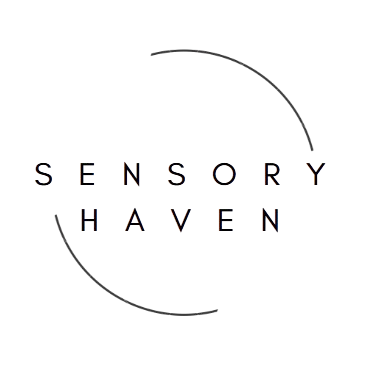What Is Anxiety? A Compassionate Guide
Share
What is Anxiety?
Anxiety is a natural response to stress, danger, or uncertainty. It's our body's way of alerting us to potential threats and preparing us to respond. However, when anxiety becomes persistent or excessive, it can interfere with daily life and overall well-being.
Common Symptoms of Anxiety
Anxiety can manifest in various ways, both physically and emotionally. Common symptoms of anxiety may include:
- Persistent worry or fear
- Racing thoughts or difficulty concentrating
- Irritability or restlessness
- Muscle tension or headaches
- Fatigue or difficulty sleeping
- Rapid heartbeat or shortness of breath
- Digestive issues or stomach discomfort
Supportive Strategies for Managing Anxiety
While managing anxiety may feel overwhelming, there are several supportive strategies that can help alleviate symptoms and promote overall well-being:
-
Practice Deep Breathing: Deep breathing exercises can help calm the nervous system and reduce feelings of anxiety. Try taking slow, deep breaths in through your nose and out through your mouth.
-
Engage in Mindfulness: Mindfulness techniques, such as meditation or body scanning, can help ground you in the present moment and reduce anxious thoughts.
-
Stay Active: Regular physical activity, such as walking, yoga, or dancing, can help reduce stress and improve mood by releasing endorphins, the body's natural feel-good chemicals.
-
Seek Support: Don't hesitate to reach out to friends, family, or a mental health professional for support. Talking about your feelings can help alleviate anxiety and provide perspective.
-
Establish Healthy Habits: Prioritize self-care by getting enough sleep, eating nutritious meals, and limiting caffeine and alcohol intake, as these can exacerbate anxiety symptoms.
-
Challenge Negative Thoughts: Practice cognitive-behavioral techniques to challenge negative thought patterns and replace them with more balanced and rational perspectives.
-
Create a Relaxation Routine: Incorporate relaxation techniques into your daily routine, such as listening to calming music, taking a warm bath, or practicing gentle stretching exercises.
Remember, You're Not Alone
It's important to remember that anxiety is a common experience, and you're not alone in your struggles. By practicing self-care, seeking support, and implementing supportive strategies, you can effectively manage anxiety and lead a fulfilling life.
If you find that your anxiety is significantly impacting your daily functioning or quality of life, don't hesitate to reach out to a mental health professional for personalized support and guidance.
At Sensory Haven, we're committed to providing resources and support for individuals navigating anxiety and other mental health challenges. Remember, you are resilient, capable, and deserving of support on your journey towards healing and well-being.
If you found this blog post helpful, feel free to share it with others who may benefit. Together, we can create a community of support and understanding for those living with anxiety.
Take care and be gentle with yourself. You're doing the best you can, and that's always enough.
Warmly,
Sensory Haven
